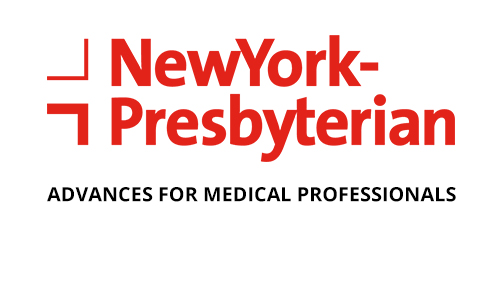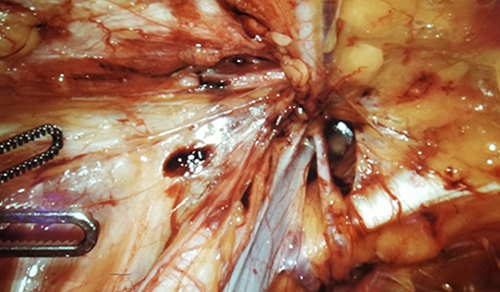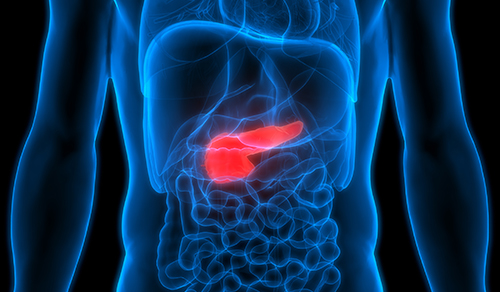Research Highlights: Targeting Challenges in Digestive Disease
Each and every day, NewYork-Presbyterian researchers and clinician-scientists are advancing knowledge in virtually every medical specialty. At Weill Cornell Medicine and Columbia University Vagelos College of Physicians and Surgeons, faculty are targeting some of today’s most formidable health challenges, pushing scientific discoveries forward and applying research breakthroughs to improving the lives of patients everywhere. In this issue of Advances, we share several of our recent investigations in digestive disease.
ACS Quality Program Improves Colorectal Surgery Outcomes

Dr. P. Ravi Kiran
Researchers at NewYork-Presbyterian/Columbia University Irving Medical Center have shown that complications stemming from colorectal surgery decreased after introducing a national quality improvement program. “This is one of the few studies to evaluate whether the introduction of the American College of Surgeons National Surgical Quality Improvement Program [ACS NSQIP®] has improved postoperative outcomes over time,” says P. Ravi Kiran, MD, Chief of the Division of Colorectal Surgery at Columbia.
The ACS NSQIP® is an outcomes-based program created and implemented by surgeons nationwide to measure and improve the quality of surgical care. Analyzing data from 301,632 patients from 2007 to 2016, Dr. Kiran and the team noted several key improvements in colectomies, including a 9 percent decrease in surgical site infections (SSIs) and a nearly 40 percent increase in early discharges. They attributed the improved outcomes to several factors:
-
Using NSQIP national data allows surgeons to benchmark and compare outcomes with peers and identify areas for improvement
-
NSQIP participation encourages providers to follow evidence- based recommendations for decreasing SSIs and more quickly and safely getting patients through the acute postoperative phase and back at home
-
Procedure-targeted datasets enable participants to report additional, optional data specific to an operation
The research team divided the NSQIP data into two groups: resection procedures before (n=131,122) and after (n=179,510) the introduction of colectomy-targeted dataset into practice. Controlling for potentially influential factors – including differences in surgical technique – the authors found the introduction of colectomy-targeted data was linked to a 22 percent risk reduction of SSIs, 30 percent decrease in the odds of developing a urinary tract infection, and a 12 percent decrease in the need for reoperation.
“The reduced odds of experiencing a complication likely translate to hundreds of complications each year,” says Dr. Kiran, who presented his findings at the 2018 American College of Surgeons Clinical Congress.
Related Publications

New Clinical Trial for Borderline Resectable Pancreatic Cancer

Introducing the Interstitium: A New Anatomical Structure








